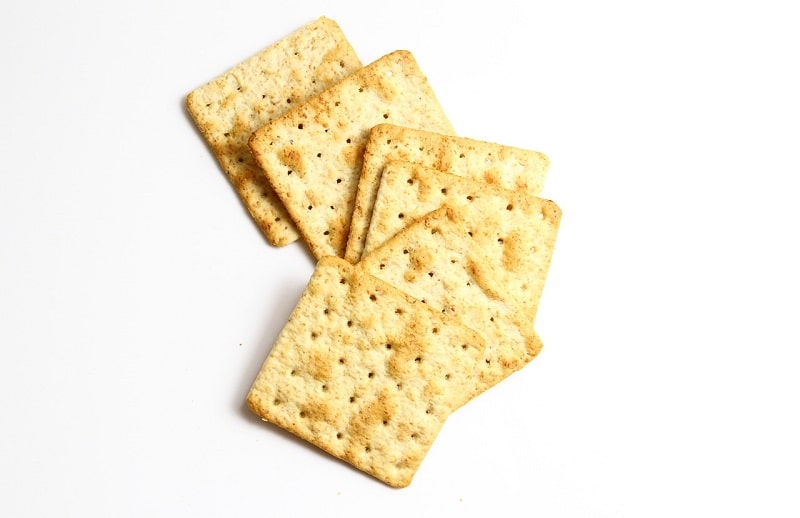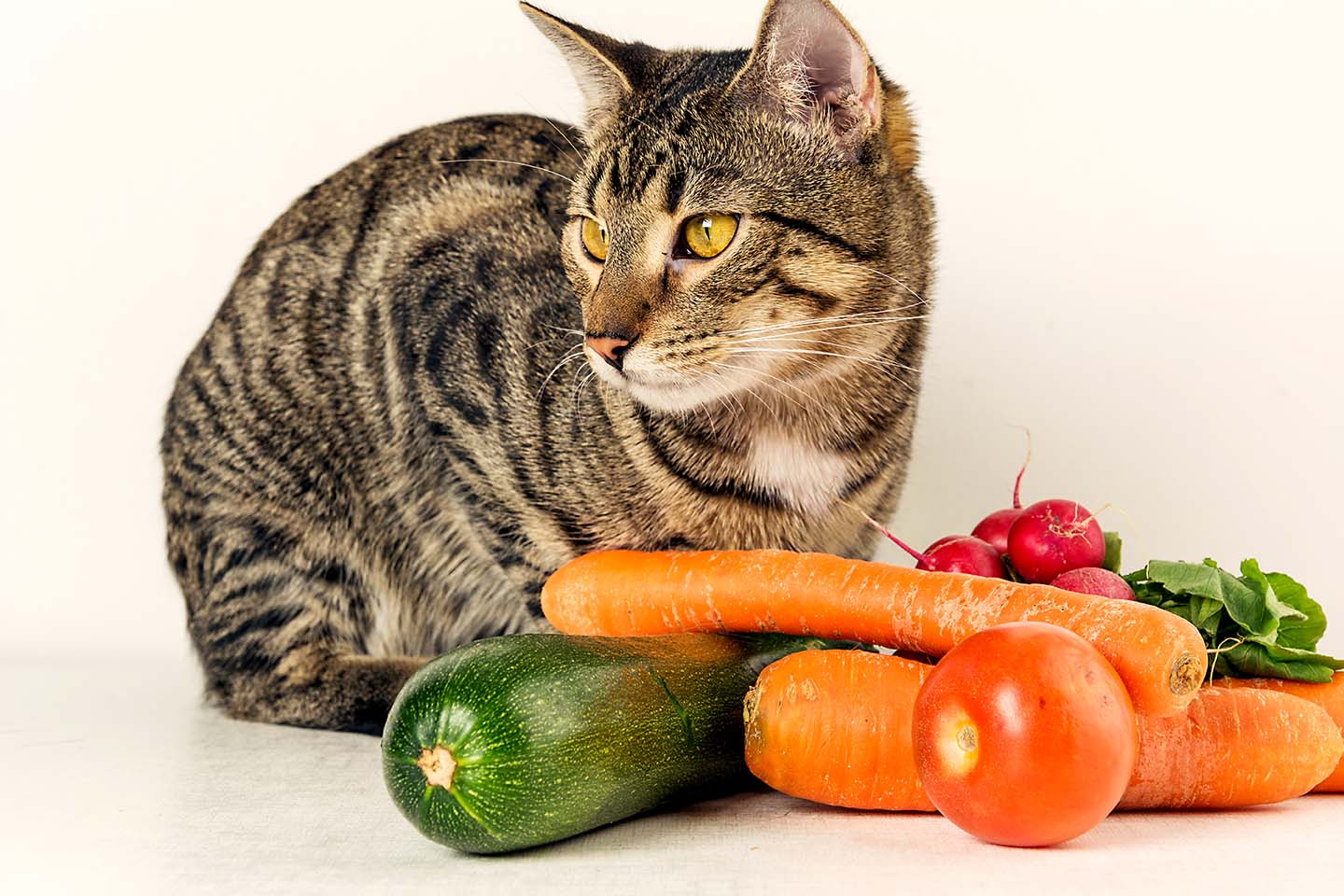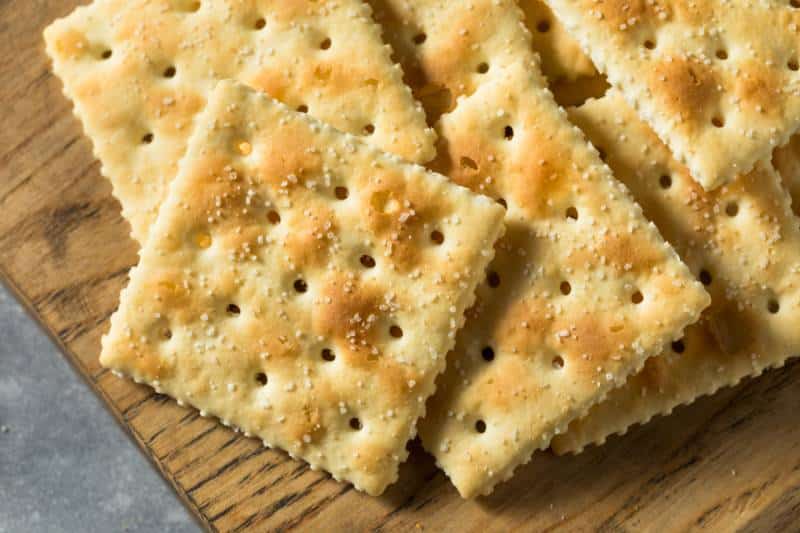Saltines are a favorite salty snack of many people because of their dry and crunchy texture and ability to match any salty or sweet food. Often, our pets may be attracted to these delicious snacks too, so you might wonder whether they are safe to feed your cats.
While eating one or two saltines won’t likely harm your cat, feeding saltines as a regular treat is not recommended. They are high in sodium and fat, so avoiding this snack in large amounts or offering other commercial cat treats is best.

What Are Saltines Made From?
Saltines are usually made from white flour, baking soda or yeast, coarse salt, and shortening. However, they are not considered to be the healthiest snacks. While saltines do not offer many nutrients, which we’ll look at below, they are not toxic to cats, and your cat will likely be fine if they happen to consume one or two.

Saltines Nutritional Value per 100 g 1:
- Energy: 418 kcal / 1750 kJ
- Water: 5.05 g
- Protein: 9.46 g
- Total fat: 8.64 g
- Carbohydrates: 74 g
- Dietary fiber: 2.8 g
- Sugars: 1.29 g
- Starch: 67.8 g
- Calcium: 19 mg
- Iron: 5.57 mg
- Magnesium: 23 mg
- Sodium: 941 mg
Can Cats Eat Saltines?
While saltines are a delicious snack for humans, it is not the case for our pets. They are high in sodium and often contain oils and additives meant to extend their shelf life. Most cats will adore the salty flavor of saltines and might even munch on them accidentally. While a few saltines won’t significantly harm your cat’s health, avoiding them as a regular snack is best. The high fat and salt can cause issues, and some cats might even be allergic or intolerant to wheat or gluten.
While humans can easily digest these salty snacks, cats may have difficulty with them and even experience digestive problems. If you suspect that your cat has consumed a large number of saltines accidentally, there are a few signs to look out for, such as vomiting, diarrhea, abdominal pain, and increased thirst. These signs should go away within a day or two, but be sure to contact your vet if the signs are severe or don’t go away within 48 hours.
Cat Safe Snacks

While we may be tempted to offer our cats store-bought snacks occasionally, we should be aware that only some human foods are safe and beneficial for our kitties. Certain fruits and vegetables can be excellent for our pet’s health when fed in moderation but are still not ideal for cats. You can even offer bites of lean, cooked meats as well.
If you’d like to avoid commercial store-bought snacks to feed your cat, then look at the list below for some cat-safe snacks.
- Apples-seeds removed
- Bananas
- Blueberries
- Strawberries
- Cantaloupe-rind, seeds removed
- Watermelon-rind,seeds removed
- Carrots
- Fish, cooked, skinless, boneless
- Cooked meat, lean, boneless
- Pumpkin
- Broccoli

Final Thoughts
While saltines may be a tasty snack for us humans, they are not suitable for cats, especially those suffering from obesity. Make sure to keep these and any other highly processed foods away from your cats, and if they consume too much by accident, look out for any worrying signs and contact your vet if the signs are severe or last longer than 24-48 hours.
Featured Image Credit: Brent Hofacker, Shutterstock





